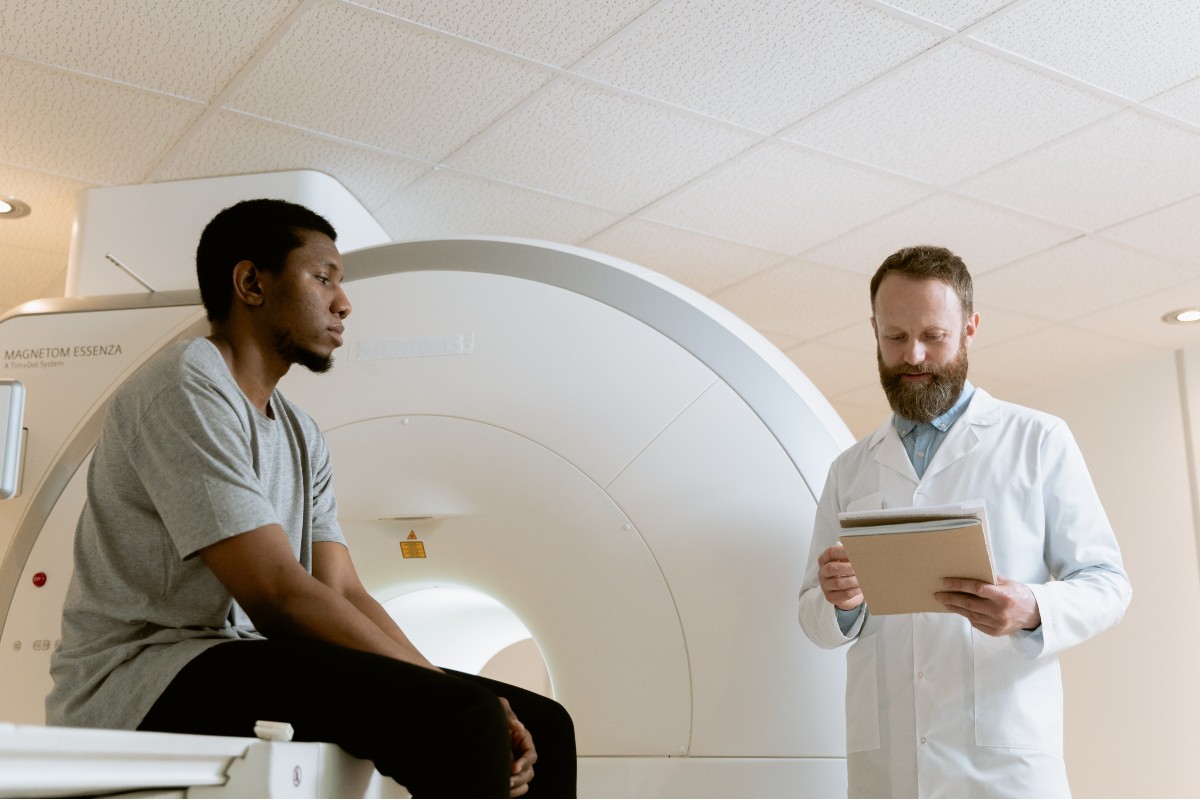Are you due for a colonoscopy and dreading it? A new study indicates you may not need to book one this year.
The study, published in The New England Journal of Medicine, concluded that the procedure only reduced the risk of developing colorectal cancer by 18% and did not significantly lower the risk of death from cancer.
The first-of-its-kind study called into question what had previously been considered a procedure middle-aged adults needed once every 10 years to check for and potentially reduce the risk of getting colorectal cancer in the first place. The findings may come as welcome news to people who found the colonoscopy procedure invasive.

What is a colonoscopy? For the unfamiliar, the procedure involves having a camera run the entire length of your large intestine, invasively.
Colorectal cancer, a disease in the colon or rectum, will cause more than 52,000 deaths in 2022, according to an estimate by the American Cancer society. It is the second-leading cause of cancer deaths in the U.S.
Numbers like that are scary, but effective screening, treatment, and prevention methods are critical. However, once-a-decade colonoscopies may not fit that bill. The study, which included more than 84,000 participants ages 55 to 64 from Poland, Norway, and Sweden, was the first on record to compare colposcopies to no cancer screening in a head-to-head randomized trial.
The results refute research from 2016 that indicated that colonoscopies could significantly reduce diagnosis and fatality from colon cancer.

Dr. Michael Bretthauer, a gastroenterologist and leader of the clinical effectiveness group at the University of Oslo in Norway, is encouraging people to embrace it. “We may have oversold the message for the last 10 years or so, and we have to wind it back a little,” he said, according to a CNN report.
That said, other experts applauded the study but advised people to interpret the results with caution, in part because less than half of the invited participants (42%) got a colonoscopy.
When study authors filtered results by the number of individuals who went for the procedure (12,000 of the 28,000 invited to get one), the procedure reduced colon cancer risk by 31% and death from the disease by 50%.
Currently, the U.S. Preventative Services Task Force (USPSTF), an objective group that guides physician recommendations, suggests people 50 to 75 get tested for colon cancer using one of three options:
1. A colonoscopy procedure every 10 years
2. Stool testing each year
3. Sigmoidoscopy, another evaluation of the colon that is not as comprehensive as the colonoscopy, every five years, plus stool tests every two to three years
At this time, the USPSTF has not announced plans to re-evaluate these recommendations.



